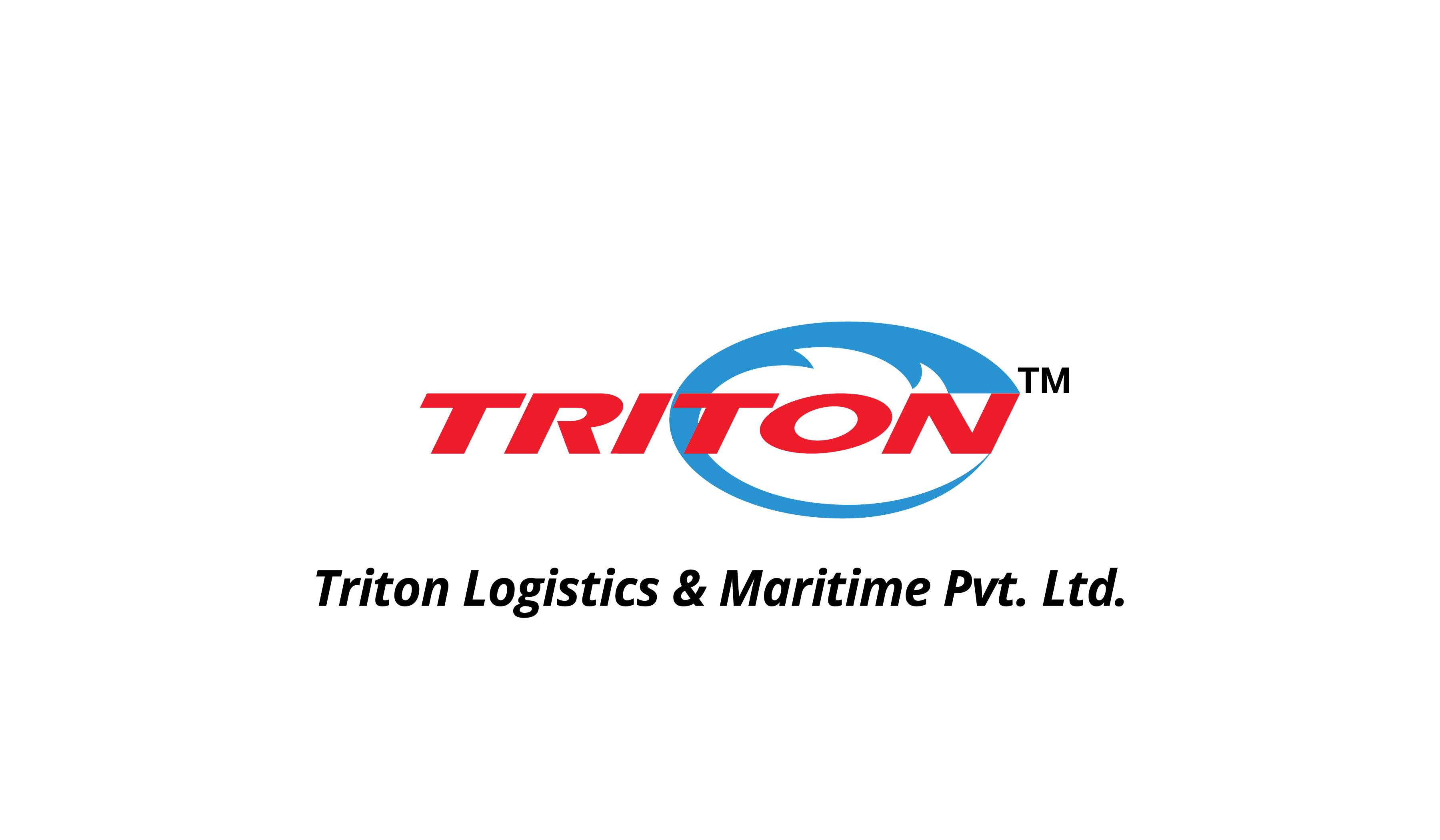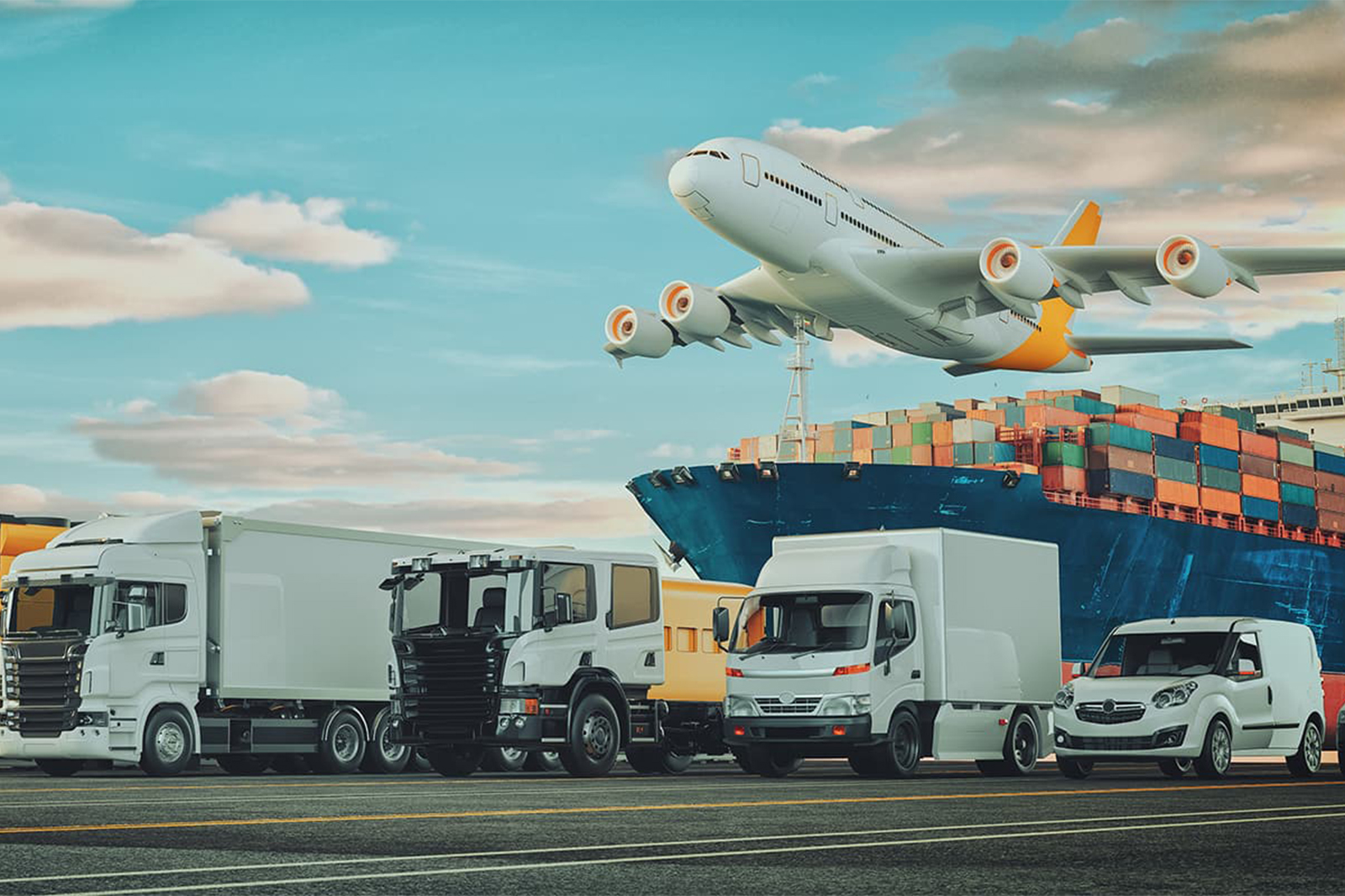
India’s auto industry stands at a pivotal moment. As the world’s fourth-largest automotive producer, the stakes have never been higher: logistics costs in India account for nearly 14% of GDP, compared to 8–10% in developed markets. With free trade agreements (FTAs) opening new doors, the ability to move vehicles efficiently is now a make-or-break factor for global competitiveness.
Multimodal logistics services—the seamless integration of road, rail, sea, and air—are fast becoming the backbone of India’s auto export growth. For manufacturers and exporters, these innovations are not just about cutting costs but about unlocking new markets and opportunities in the post-FTA era.
Enhanced Efficiency and Cost Competitiveness
The integration of multiple transport modes—road, rail, sea, and inland waterways—has significantly improved cost efficiency and reliability for Indian exporters. By reducing the burden of documentation, streamlining customs, and minimizing time lost at trans-shipment points, multimodal logistics enables faster movement of goods. India aims to lower logistics costs from 14% of GDP to below 10%, as per JUSDA. For the automotive sector, where timely and predictable deliveries are critical, these efficiencies boost global competitiveness.
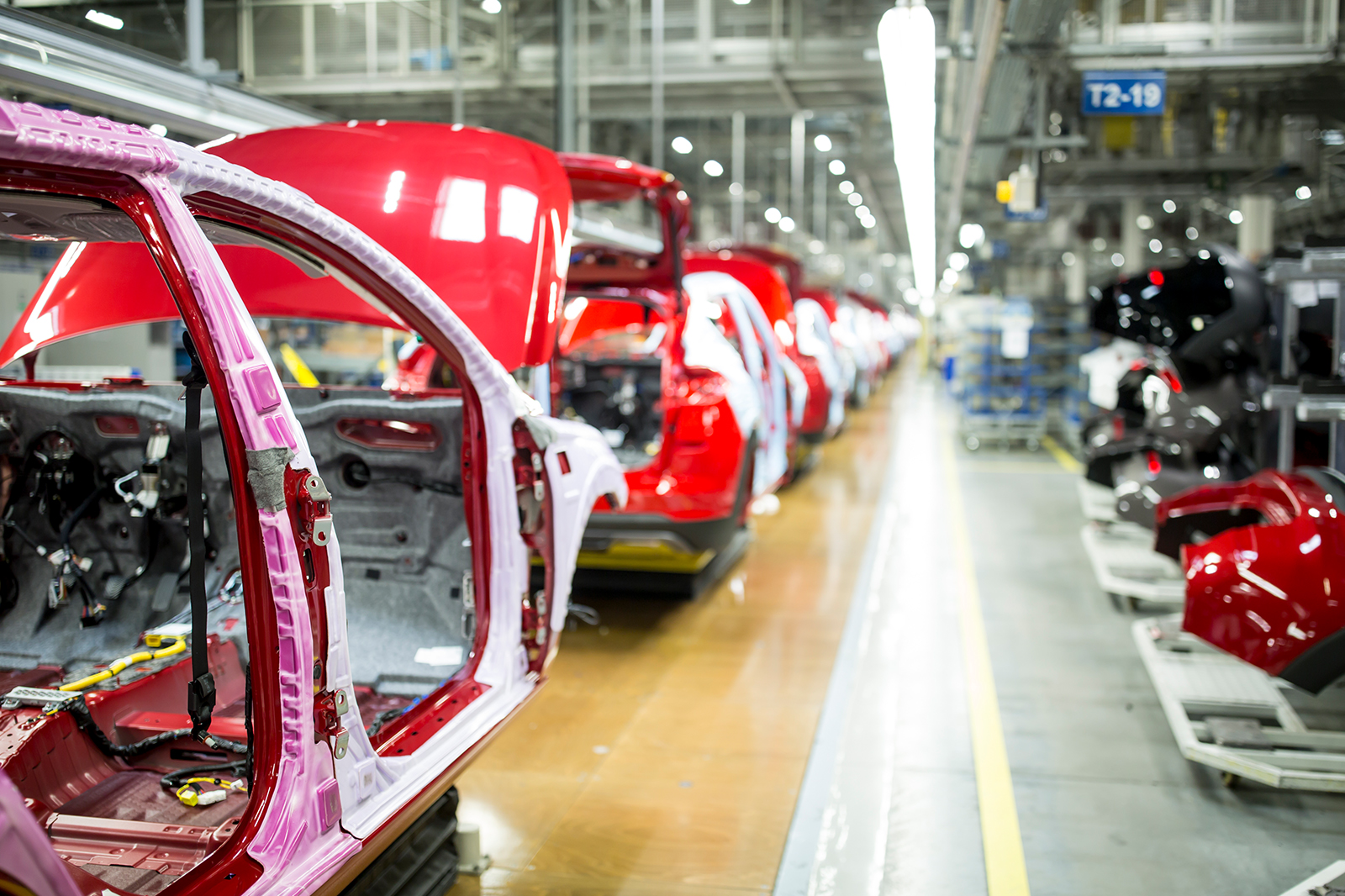
Infrastructure and Policy Support
Government initiatives such as Bharatmala, Sagarmala, the development of Multi-modal Logistics Parks (MMLPs), and Inland Container Depots (ICDs) have significantly strengthened the logistics backbone for auto exports. These efforts improve connectivity between industrial hubs and ports, reduce lead times, and facilitate the seamless movement of vehicles and components. With added support from dedicated freight corridors and multimodal transport hubs, supply chains are better integrated—making it easier for automakers to tap into markets unlocked by Free Trade Agreements (FTAs).
Post-FTA Opportunities
Recent FTAs, such as the India-UK agreement, are lowering tariffs on automotive exports. For example, tariffs on cars are set to drop from over 100% to 10% over the next 10–15 years. This makes efficient, cost-effective logistics even more crucial. Multimodal logistics services enable Indian exporters to respond quickly to demand surges and access distant markets with competitive pricing.
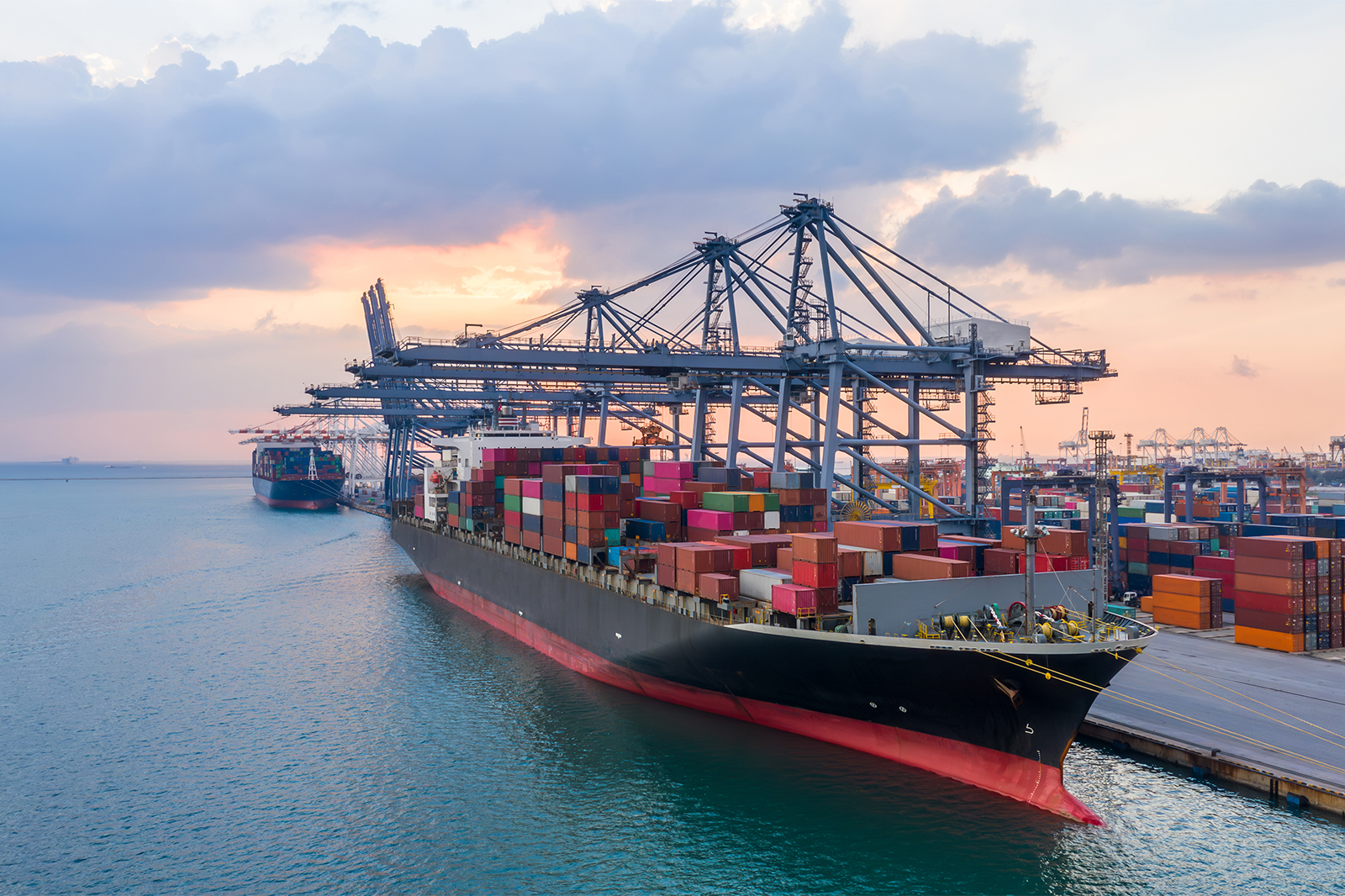
Cross-Border Plant-to-Plant Movement
Improved documentation and multimodal corridors now allow for smoother cross-border plant-to-plant movement. Consolidation hubs, common documentation, and digital tracking systems reduce double handling and delays, ensuring timely delivery to international assembly lines.
Key Benefits of Multimodal Logistics for Auto Exports
Benefit | Impact on Auto Exports |
Reduced Transit Times & Costs | Faster, more cost-effective delivery |
Enhanced Reliability | Predictable, on-time shipments |
Scalability & Flexibility | Supports high-volume and specialized exports |
Improved Global Competitiveness | Access to new markets, better pricing |
Challenges in Scaling Multimodal Logistics
- Fragmented and Outdated Fleet: Dominance of small, outdated trucks and lack of specialized vehicles.
- Infrastructure Gaps: Congested highways, poor road and port conditions, and limited warehousing service.
- Regulatory Complexity: Multiple clearances and extensive paperwork, despite the Multimodal Transportation Act of 1993.
- Fragmented Warehousing: Many unorganized operators with limited modernization.
- Port Congestion: Dwell times at Indian ports average 3.4 days, compared to less than a day at leading global ports.
- Lack of Skilled Labor & Technology Adoption: Affects efficiency and supply chain visibility.
- Suboptimal Modal Mix: Over-reliance on road transport; minimal use of rail and waterways.
- Policy and Coordination Challenges: Siloed decision-making among government agencies.
Strategic investments in infrastructure, digitalization, policy reforms, and industry consolidation are essential to unlock the full potential of multimodal logistics.
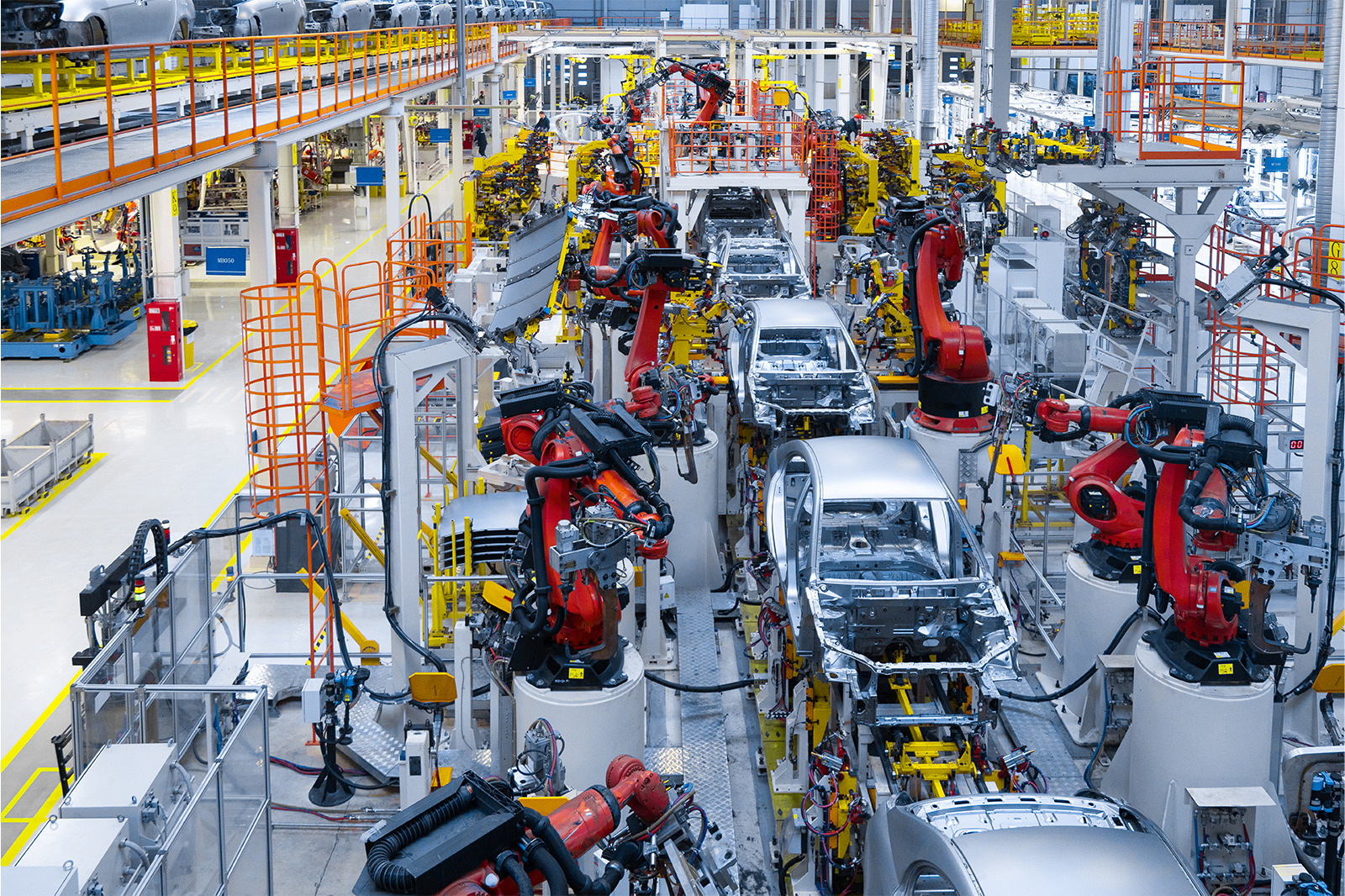
How Triton Is Advancing Multimodal Logistics for India’s Auto Exports
Triton Logistics and Maritime delivers integrated, customized logistics services solutions for the automotive sector:
- Certified Multimodal Transport Operator (MTO): Licensed by FIATA and AMTOI, connecting ocean, road, rail, and air into a unified logistics chain.
- End-to-End, Tailor-Made Solutions: Covering plant-to-port, port-to-port, and final overseas delivery.
- Strategic Infrastructure & Equipment: Modern fleet and handling equipment for safe, efficient movement.
- Seamless Cross-Border Movement: Linking ICDs, consolidation hubs, and ports for synchronized plant-to-plant logistics.
- Digitalization & Visibility: Advanced IT systems for end-to-end tracking and proactive communication.
- Value-Added Services: Risk management, cargo insurance, reverse logistics, and flexible warehousing service
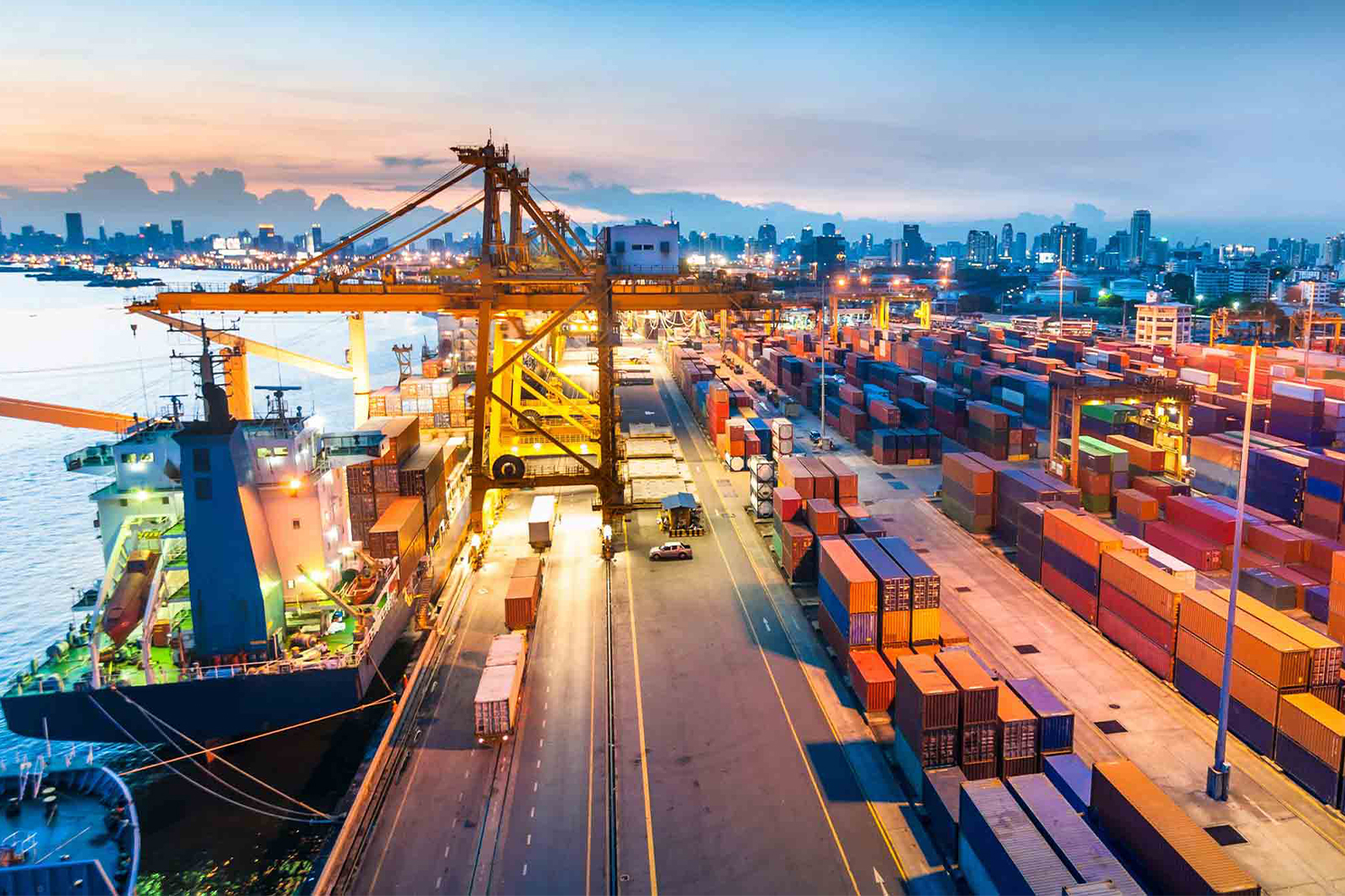
Our Impact on India’s Auto Export Competitiveness
- Reduced Transit Times & Costs: By integrating multiple transport modes, Triton helps automakers cut logistics costs and achieve faster deliveries, supporting India’s goal to lower logistics costs as a percentage of GDP.
- Enhanced Reliability: Triton’s multimodal approach reduces dependency on any single mode, mitigating risks from disruptions and ensuring on-time delivery to global customers.
- Scalability & Flexibility: Our solutions are scalable to support both high-volume exports and specialized shipments, making them ideal for the evolving needs of India’s automotive sector in the post-FTA landscape.
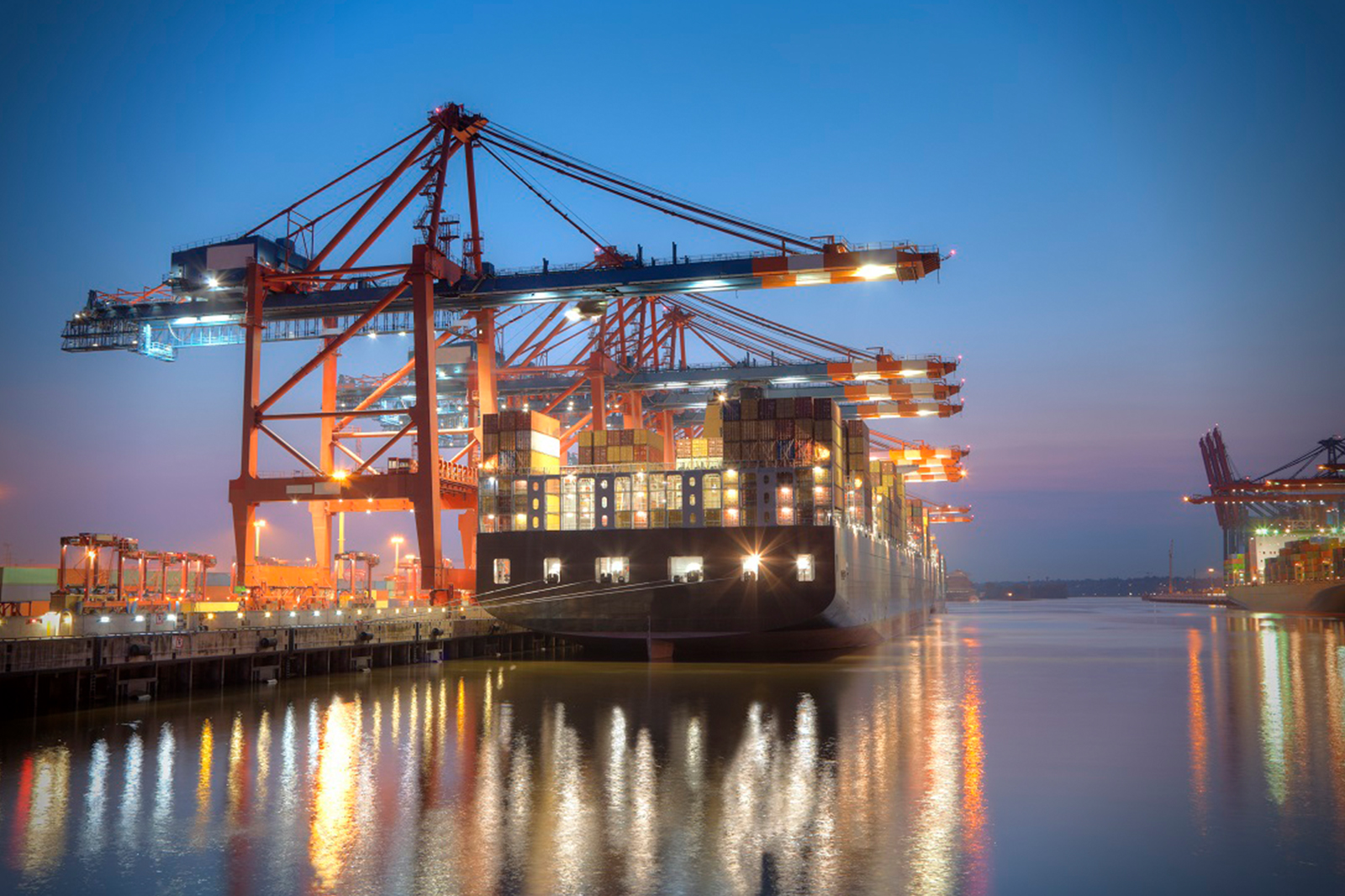
Drive Export Success with Triton
Logistics is a strategic advantage in today’s export landscape.
Triton Logistics and Maritime offers multimodal solutions that lower costs, improve reliability, and support global expansion.
Download our whitepaper on auto export logistics or get connected with us for a tailored consultation that aligns with your growth goals.
